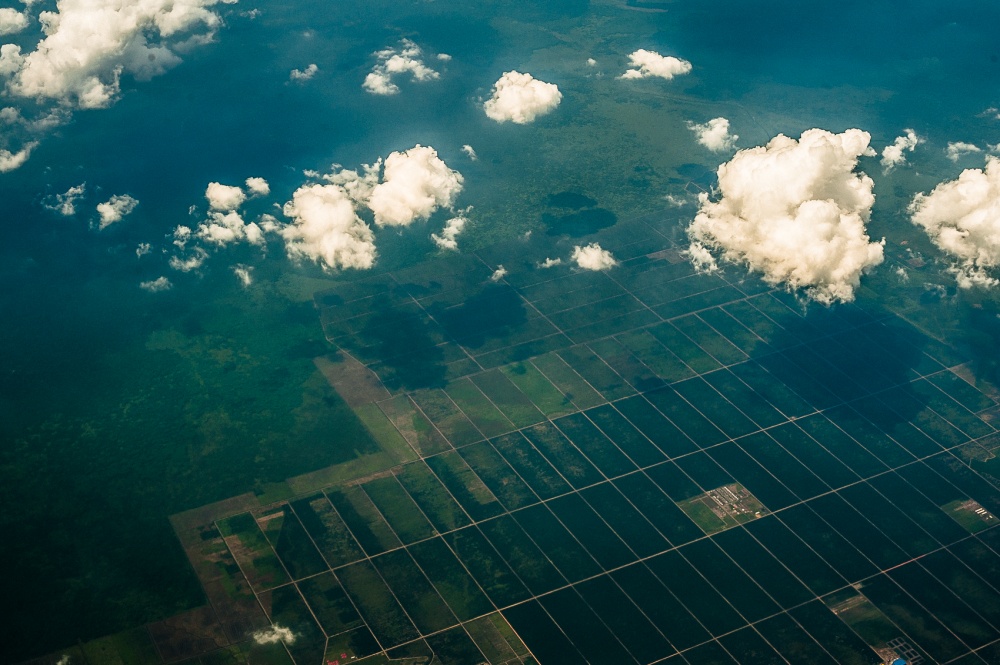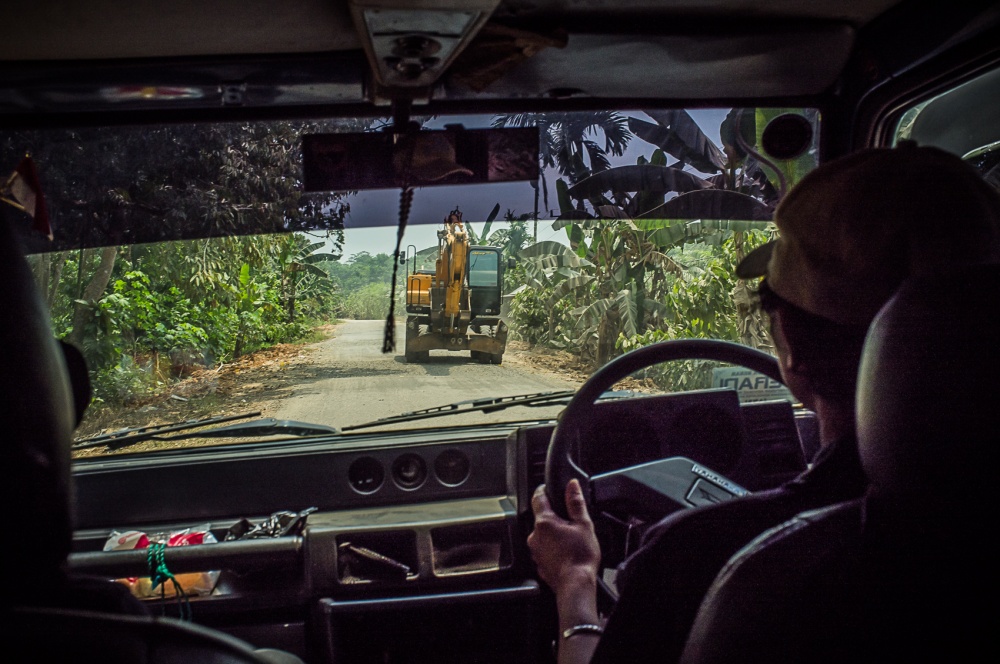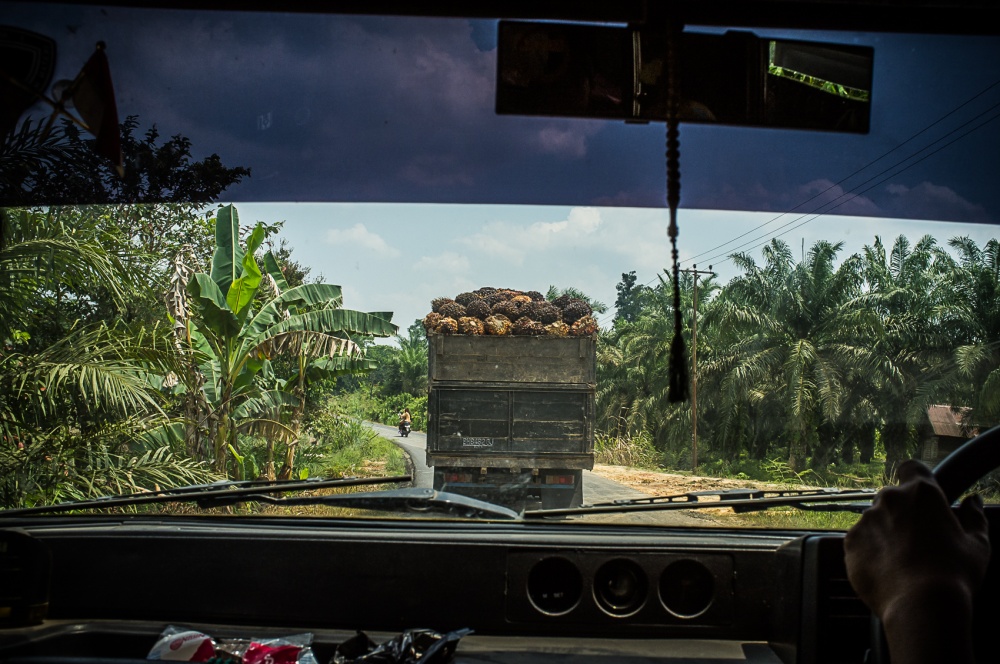The term ‘land-grabbing’ is used to refer to the global phenomenon of large-scale land transactions for commercial exploitation. While the practice is not new to the history of the Country, infact land-grabs started to happen widely during the colonial period, the contemporary issue is a consequence of a modification to the national forestry law which took effect in 2001. The modification introduced the right to license the use of Indonesian soil to both private and public owned companies by local Governors; this is driving an unexpected growth of new large-scale investments based on land exploitation."¨"¨ In fact, Indonesia is now one of the world biggest producer of oil-palm, commonly used on the global market as cooking oil, base for most liquid detergents and cosmetics but also as industrial lubricant and for biofuel. The industry accounted for 11% of the total export earnings of Indonesia in 2012. Suraya Afiff, director of the Anthropological Research Center of the University of Indonesia, explains that large-scale deforestation and land-grabs to the detriment of native populations are happening at an extremely fast rate in contemporary Indonesia. In addition, there are no compensation for the confiscated land and too poor back-investement for the welfare of the Nation. This higly exploitative practice is creating increasing disparities within the Indonesian society, which human rights cost is the country ready to justify in the name of progress and development?
--
ITA
L’Indonesia é oggi uno dei maggiori produttori di olio di palma, comunemente utilizzato come olio da cucina, base per detergenti liquidi, cosmetici, ma anche come lubrificante industriale e per la produzione di biodiesel. L’industria ha totalizzato l’11% degli introiti Indonesiani derivati da esportazioni nel 2012. Il termine ‘landgrabbing’ é utilizzato per riferirsi al fenomeno globale delle transazioni di lotti di terra su larghissima scala al fine di sfruttarne il potenziale commerciale. Nonostante questa pratica non sia nuova per la storia del paese, il problema contemporaneo e’ una conseguenza della modifica alla normativa nazionale sul patrimonio forestale divenuta effettiva nel 2001. Suraya Afiff, direttrice del dipartimento per la Ricerca Antropologica dell'Università dell’Indonesia, spiega che la confisca di terre a discapito delle popolazioni indigene nell’Indonesia contemporanea sta avvenendo ad un ritmo talmente veloce da non avere precedenti nella storia; inoltre, non e’ previsto alcun tipo di indennizzo per le terre confiscate e gli investimenti per il welfare del paese sono quasi inesistenti. I motivi per cui l'attenzione si e' focalizzata sullo Stato Indonesiano, rispetto ad altre situazioni analoghe presenti in tutto il mondo, sono la gravità e la violenza con cui questo fenomeno e' esploso.















